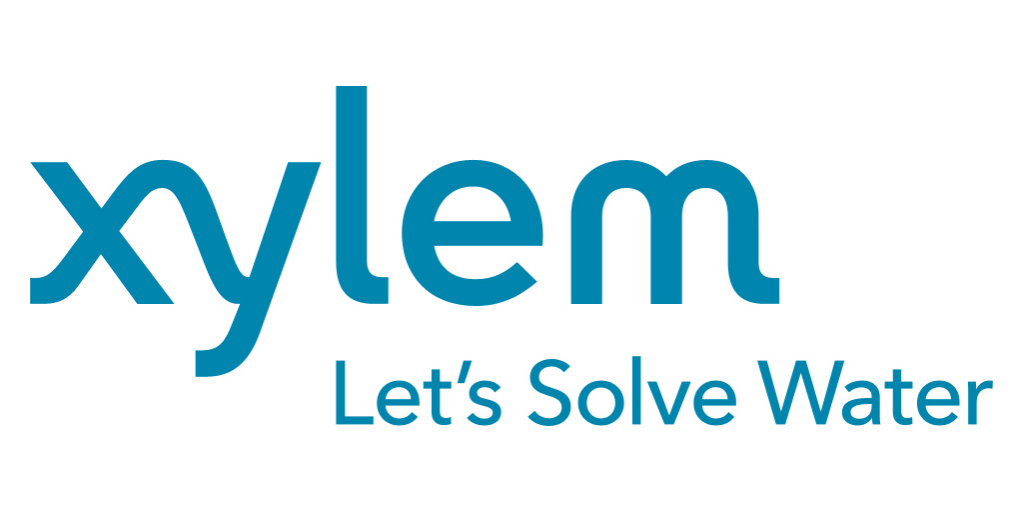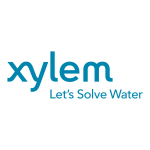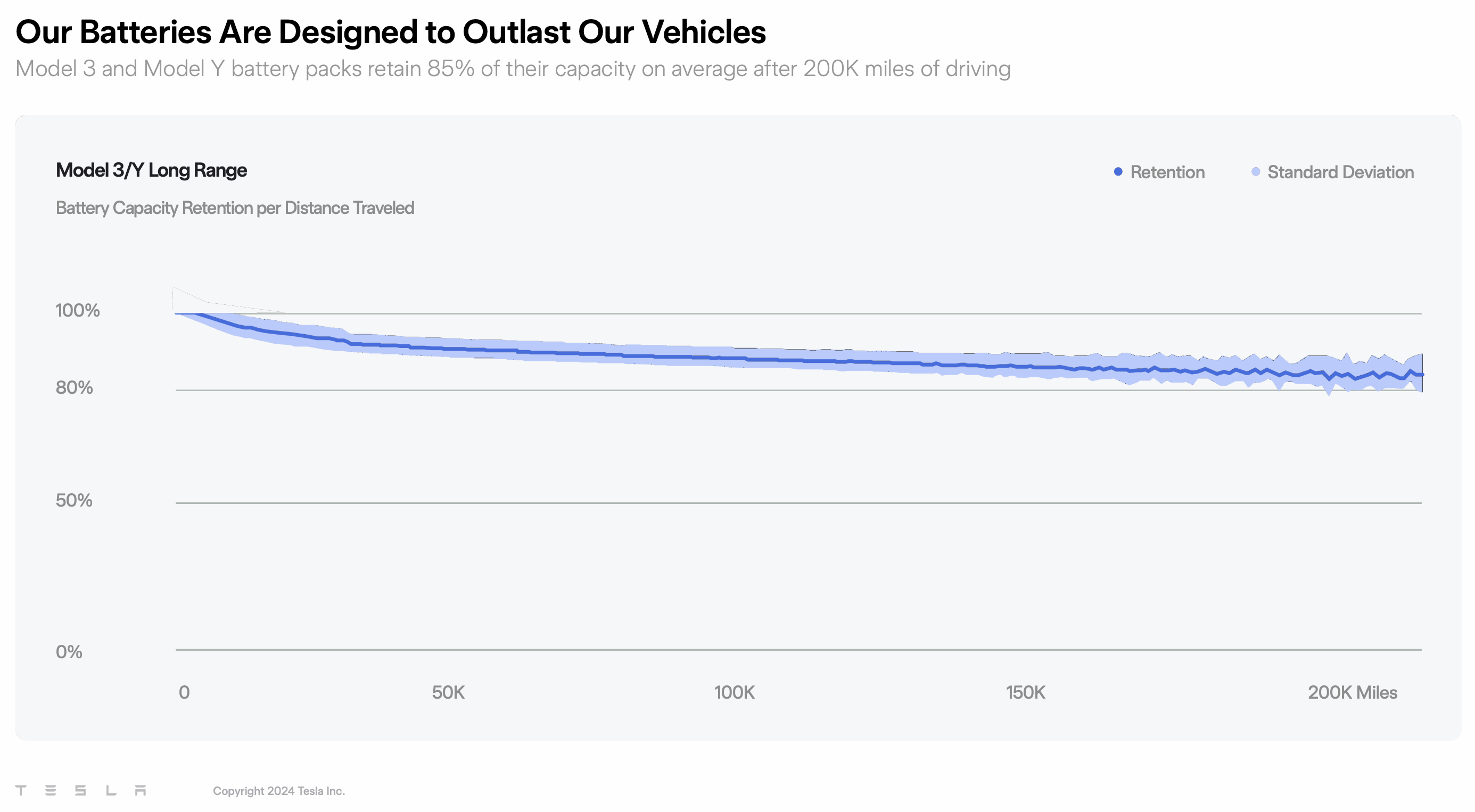- Water Sector Accelerating Decarbonization in Effort to Cut 2% of World’s Carbon Emissions
- 75% of surveyed utilities intend to achieve GHG reduction goals by 2040, with 48% having set a specific net-zero emissions target
WASHINGTON–(BUSINESS WIRE)–#LetsSolveWater–World leaders are gathering this week in Baku, Azerbaijan, to accelerate the decarbonization of the world economy at the 29th Conference of the Parties to the United Nations Framework Convention on Climate Change. The water sector, which accounts for almost 2% of the world’s carbon emissions, is answering the call with ambitious strategies to deploy advanced technology to cut the sector’s carbon footprint.1
A recent survey of more than 100 utilities by water technology company Xylem (NYSE: XYL) showed that 75% of utilities have set greenhouse gas (GHG) reduction goals that they plan to achieve by 2040 or earlier, with 48% having set a specific net-zero emissions target.2 As highlighted in Xylem’s new paper, Net Zero: Utilities Setting the Pace on Decarbonization, these targets reflect growing momentum across the water sector in the fight against climate change.
Water and wastewater utilities are often the largest power users in cities and can generate powerful methane and nitrous oxide emissions. Leading utilities are deploying replicable approaches that any community can use to cut emissions from their water systems and make their communities more water secure. Xylem’s research shows how these experiences can serve as a framework for achieving rapid and lasting emissions reductions across the sector:
- Prioritize energy efficiency for quick wins: Pumping, treatment, and distribution processes consume large amounts of electricity. Energy-efficient technologies can deliver immediate decarbonization results across the sector. For example, Scottish Water has deployed high-efficiency smart pumping systems that cut energy consumption by 40% and reduce unplanned maintenance costs by 99%.
- Combine net zero and climate adaptation efforts: By uniting greenhouse gas reduction and resilience strategies, utilities can fast-track decarbonization and adaptation. In Santiago, Chile, Aguas Andinas is turning wastewater into renewable energy through anaerobic digestion. By converting organic waste into biogas, the utility generates energy onsite to cut emissions, reduce reliance on fossil fuels, and enhance energy security for critical water treatment processes. These measures, combined with purchasing renewable energy and finding efficiencies, have enabled the utility to reduce GHG emissions by 25%.
- Manage emissions across all operational processes: Utilities are adopting an end-to-end approach, addressing emissions across all operational processes, from energy generation to wastewater treatment. After reaching net energy neutrality in 2023 with renewable sources such as solar and hydropower, Ruhrverband of Essen, Germany, is deploying advanced sensors to monitor and address nitrous oxide emissions and leveraging artificial intelligence to identify further emission reduction opportunities.
The research highlights how water utilities are adopting cutting-edge solutions – from smart pumping systems to digital monitoring tools – to reduce emissions, optimize performance, and extend the life of critical assets. It shows that utilities have a wide variety of tools to help them reach net-zero targets faster and more efficiently.
“By deploying advanced technologies, we can make our assets work harder and smarter,” said Nathan Wield, Wastewater Operations West Manager for Scottish Water. “Not only does this improve efficiency, but it also prolongs the life of our equipment, reduces service disruptions, and improves our overall environmental impact.”
Alexis de Kerchove, Senior Director, Client Sustainability, at Xylem, said, “Innovative utilities are demonstrating that water sector emissions are a solvable problem – and that net zero can be a catalyst for optimization, delivering positive social impacts and cost savings. By scaling these approaches, the entire sector could reach net zero faster than previously imagined.”
To read the Xylem Net Zero paper, visit https://www.xylem.com/en-us/campaigns/net-zero/.
About Xylem
Xylem (XYL) is a Fortune 500 global water solutions company that empowers customers and communities to build a more water-secure world. Our 23,000 diverse employees delivered combined pro forma revenue of $8.1 billion in 2023, optimizing water and resource management with innovation and expertise. Join us at www.xylem.com and Let’s Solve Water.
1 Estimates from Global Water Intelligence
2 Global Water and Wastewater Utilities Take Aim at Climate Change
Contacts
Houston Spencer
+1 (914) 240-3046





